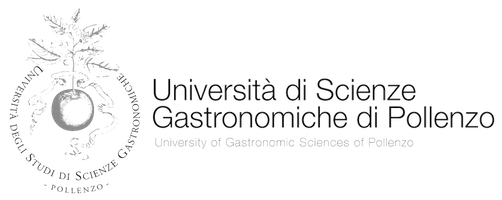Pastori di orgosolo
Directed by
A shepherd descends a ridge of a rugged mountain, swept by the hissing of the wind. Only the sound of his footsteps on the stones can be heard. He whistles, then a cry that is lost, with a distant reverberation, in the silence of the rocks. He is a solitary figure, as if crushed in an immense landscape. "This is the Sopramonte of Orgosolo, in Sardinia, once a refuge for fugitives and bandits." The shepherd follows his flock, which is led into an enclosure. Sounds of cowbells, bleating, squeaking of boots. "In this desolate stony ground, today, a few shepherds compete with the cold and hunger for the existence of their flocks." The shepherds milk the sheep, amid rare, guttural encouragements and splashes of milk into the buckets. The lambs, taken from another sector of the sheepfold, are brought to suckle by their mothers. To the crackling of the fire, the shepherd works the milk until, after several operations, it is transformed into cheese. A storm hits the Sopramonte. A few screams can be heard, their echoes accompanying the transfer of the flock. Now there is sleet. The shepherds cut branches to make a smoky fire. One of them, rifle on his shoulder, caresses two hungry sheep that sniff his hand. He climbs high up in the trees to get the flock leaves to graze on. The ground is covered in snow. The shepherds take shelter for the night in a cave-hut where they cook a frugal meal over the fire, warm themselves, smoke, go to sleep. The silence is broken only by the sounds of everyday gestures; outside an increasingly strong wind whistles. There is a deep relationship that binds the shepherd to his land, his life to the harshness of nature.








